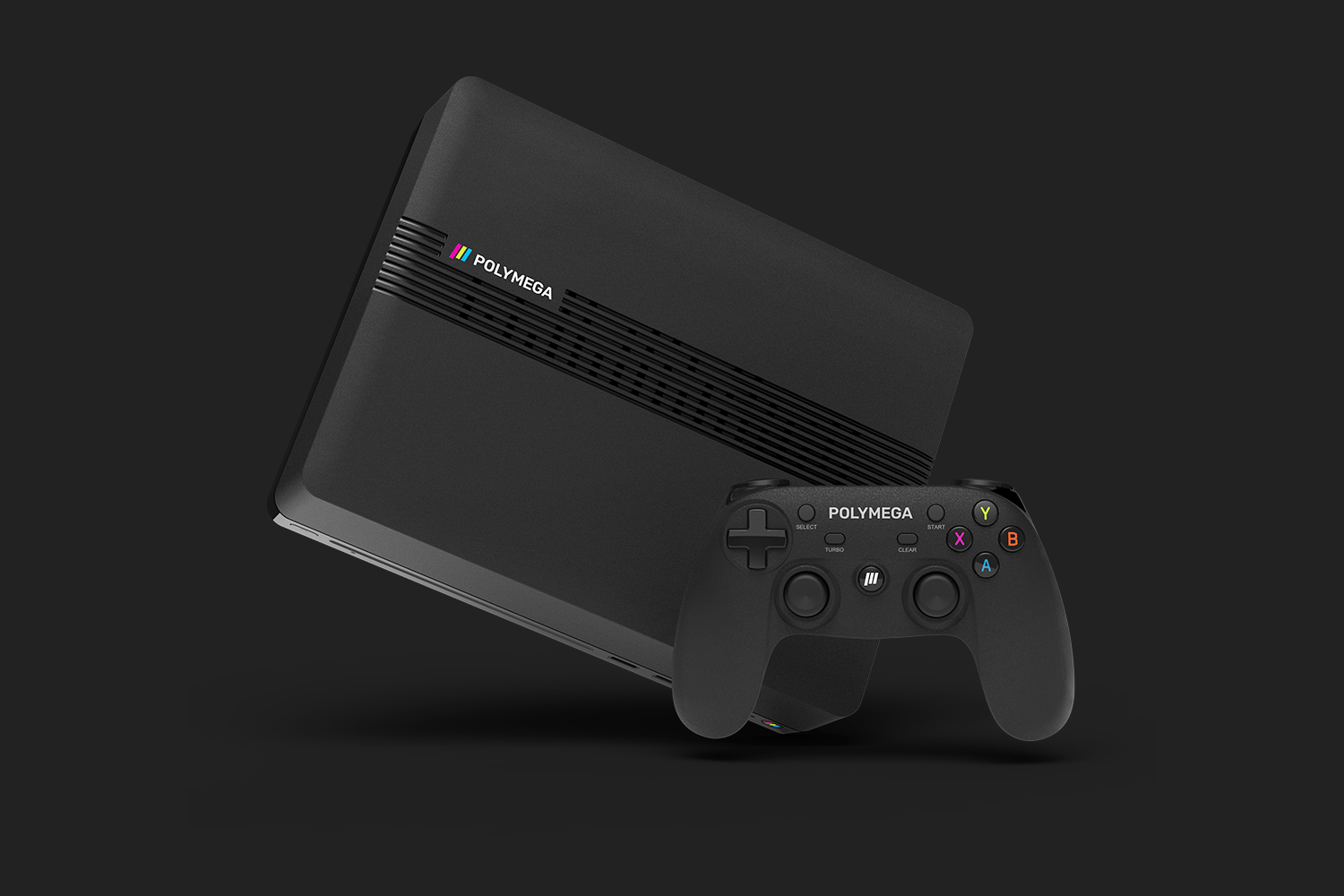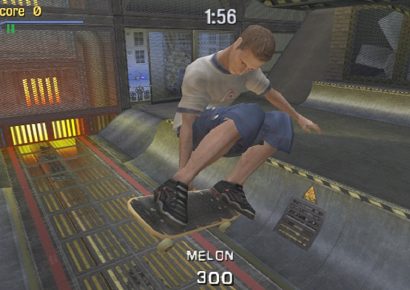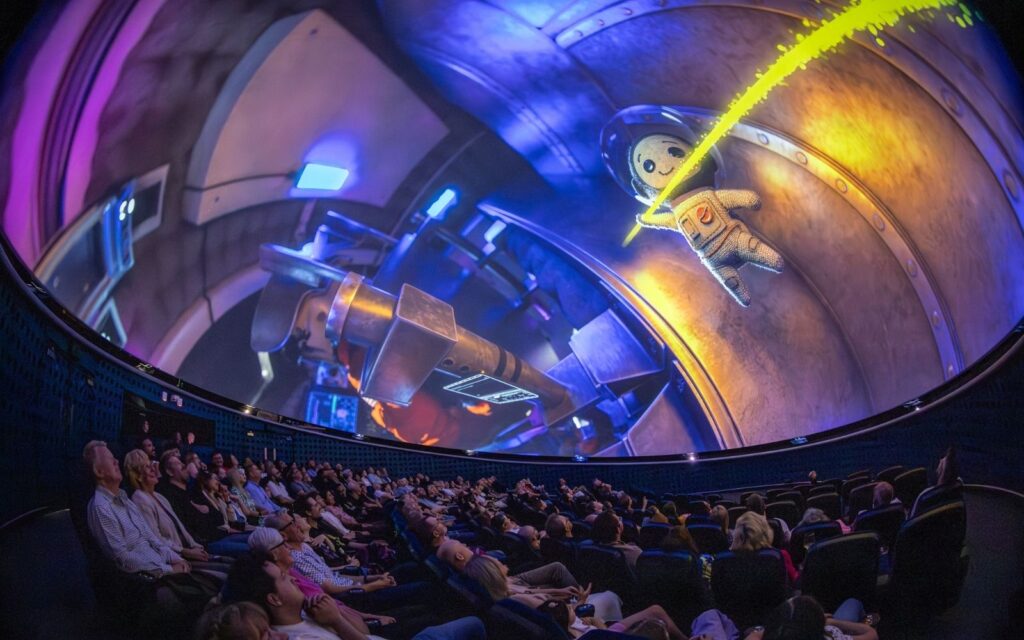Have we reached peak nostalgia?
The year is 1998. You’re walking home from school sharing a packet of Atomic Tomato Samboy chips you got at a milk bar for 80 cents with your best mate Corey. As you listen to The Offspring’s Americana album on his top-of-the-range CD Walkman, clumsily bumping into each other as you wear one tinny earbud each, you chat about all of the hottest video game news you read about in Hyper Magazine. After excitedly confirming how cool Pokémon Snap is going to be, the conversation turns to wild-eyed visions of the future. Wireless controllers. Playing with friends over the internet. Photorealistic graphics, whatever that term means.
“Dude,” you gush, needlessly elongating the ‘u’. “Wouldn’t it be sick, right, if there was a console that just played everything?”
You both laugh at the ridiculousness of it, but it’s a quiet laugh, one where simple logistics have not yet crushed the enthusiasm of unbridled imagination. The years pass by. Our technological leaps become stronger with each bound. The internet gets faster. Graphics get better. Wireless controllers get cheaper. Everyone named Corey seems to disappear. Didn’t you know, like, five people named Corey at one stage? Whatever happened to all the Coreys?
We are over two-thirds into our final year of the 2010s and nostalgia rules with an iron fist. Amongst a plethora of others, huge titles such as Oddword: Abe’s Odyssey, Resident Evil 2 and the Crash Bandicoot and Spyro The Dragon trilogies have all been re-released in the last five years, with many more (such as the hotly anticipated Final Fantasy VII and The Legend of Zelda: Link’s Awakening) still to come.
Then came the rise of the mini-console: official dedicated devices brimming with a cornucopia of beloved titles from the past, shrunk into a cute and convenient package. A host of both industry kingpins and yesteryear’s titans have found success in reminding you of the fuzzy feeling you had before you started paying rent and complaining about the triple j Hottest 100. The Sega Mega Drive Mini, Atari Flashback 9, Neo Geo Mini, TurboGrafx-16 Mini and a Capcom Arcade Stick that literally comes in the shape of the Capcom logo shall all soon sit alongside Sony’s PlayStation Classic and Nintendo’s Super NES Classic Edition as equals (with… varying degrees of success).
The most interesting aspect to nostalgia’s power, however, is its ability to resurrect entire companies, concepts and ideas based on hype alone. The beloved ’80s gaming icon, the Intellivision, will be making a return to the fray in 2020 with the Intellivision Amico — a brand new console with all-exclusive titles inspired by classic retro games. Launching with several built-in titles and over 20 more games on its online store, the games will retail between $2.99 – $7.99 USD (about $4.42 – $11.81 in Dollarydoos). The Atari VCS, similarly, also launches at the end of this year — a Linux-based console that both supports new games and pays respect to the companies reign in the ’80s through its faux wood-grain design and stacks of pre-loaded Atari classics.
What do we do when we’ve mined every nostalgic feeling and bought them back, half-mutant and shuffling like deranged mad scientists? There’s nowhere left to go, surely, within the realms of the possible. Our only logical direction in the cavernous yet cosy pit we have dug for ourselves is deep into the insane bedrock of the unexplored. Introducing the PolyMega – every eight-year-old’s magic-box idea given life.
Suitably titled like a mid-’90s cyberpunk novel, the PolyMega is a modular multi-system game console that basically lets you play a stack of classics across multiple platforms, region-free, on one home system with modern hardware. Each Element Module Set — the plug-in components that allow this arcane wizardry to happen — comes with five built-in games.
The more games you have to plug into the main ‘tower’, the more stuff you can play. NES, SNES, Playstation, Saturn, Mega Drive, 32X, Sega CD, TurboGrafx-16, Neo Geo CD and more will be available at launch, with potential for future releases. You can create your own digital library by installing the games on the console’s hard drive or download hundreds of titles on the online store. Pre-orders are open, with a tentative spring release date.
There’s a lot to love about the PolyMega; it promises interesting tech in a convenient package. It’s a fun way to introduce homebrew gaming to the mainstream. Will it succeed in its objective? Here’s hoping. Regardless, the PolyMega is proof that nostalgia is now officially culturally accessible on an unprecedented scale.
I once opened a fortune cookie that read, “When you live in the past, it costs you the present”. This was an alarmingly honest statement from a sugary treat and it’s haunted me ever since. Our era, in general, seems to be one of reflection. A stack of original television shows — Stranger Things, GLOW, Everything Sucks!— romanticise our past. Synthwave’s haunting John Carpenter-esque keyboards echo on. Even cyberpunk is back, now that we’re in severe danger of living it out.
Nostalgia hasn’t held us back, this time – it’s somehow propelled us. It’s been co-opted and coupled with our modernity to create a distinct feel that is neither. The 2010s have been weird.
Why has looking back to more rudimentary games become as huge as what it has? Perhaps we pine for simplicity in an age of overwhelming complexity. Perhaps we feel that gaming has ‘plateaued’ — that we’re unsure of how to technologically progress when everything looks, sounds and feels as good as what it does.
Perhaps the advances that have been made — virtual reality and the rise of digital assistants like Google Home and Alexa — mirror their original emergences in our social consciousness all those years ago. Remember the Virtual Boy? We can actually do it now without giving you severe motion sickness! We can hit reset and do it all again, without mistakes and catered entirely to our whims. It’s all possible.
The PolyMega looks like great fun (and if you’re springing for the deluxe package at $737.81 AUD, it’d better be). It may also be the canary in the coalmine — the pinpoint at which we can look back and notice the oversaturation of nostalgia in our cultural gaming identity. None of this is ultimately ‘bad’, however — we had silly dreams and they came true, albeit in a commercially safe way. It’s just interesting, sometimes, to note how much of our future hinges upon the earnest wishes of our past.
What will our children think of next?


